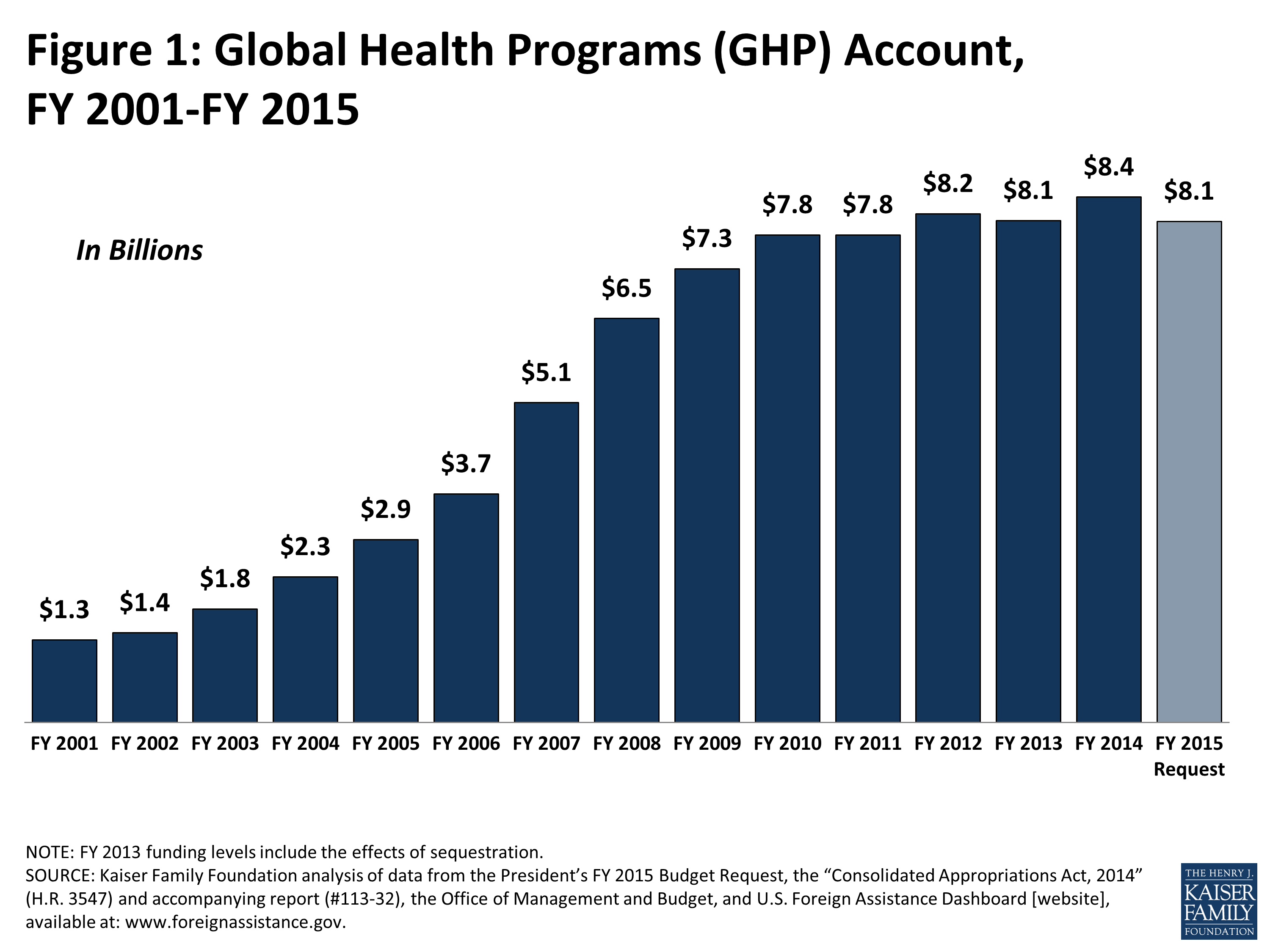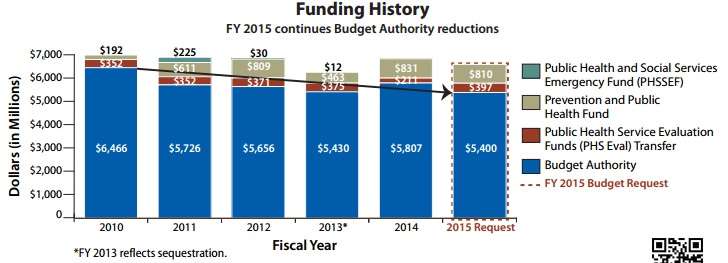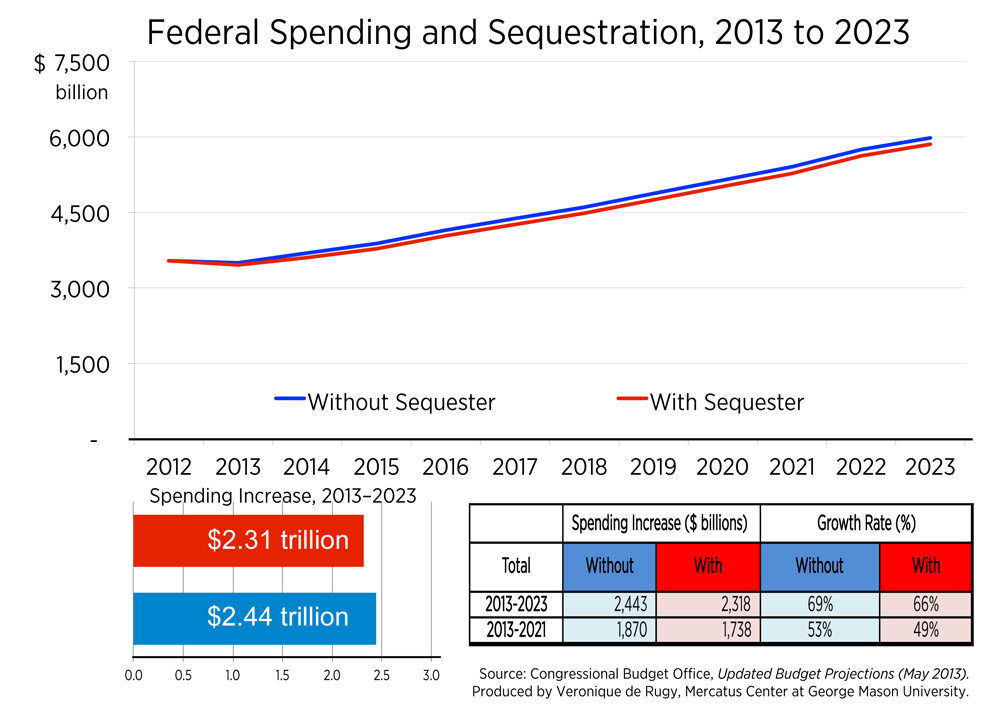Can You Blame Ebola Outbreak on "Republican Cuts" to Health Budgets?
"Republican Cuts Kill" is the message coming from The Agenda Project, a 501(c)4 organization that is placing ads in various battleground states. According to an email signed by the group's founder Erica Payne and titled "If you die, blame them," the group is starting a
a multi-pronged blitzkrieg attack that lays blame for the Ebola crisis exactly where it belongs-- at the feet of the Republican lawmakers. Like rabid dogs in a butcher shop, Republicans have indiscriminately shredded everything in their path, including critical programs that could have dealt with the Ebola crisis before it reached our country.
If you die, blame Republicans is a pretty gutsy (read: OMFG) campaign slogan. The ad above does a good job of clipping together a series of GOP lawmaers saying the word cut, but does that mean that budgets at agencies have fallen through the floor now that, what Democrats have controlled the White House and Senate since 2009?
Not so much.
Here's a chart from Kaiser that shows U.S. Global Health Program spending over the past 15 or so years:

The large number shows a spending pattern that's familiar to Reason.com readers. Spending grew rapidly under full GOP control and then leveled off at high amounts once divided government and the fiscal crisis kicked in.
The report notes that "Pandemic Preparedness funding through the GHP account totaled $50 million, a decrease of $22.5 million (-31%) below FY14." Let's stipulate two things. First, $50 million is both a lot of money and not a lot of money in terms of federal spending. I doubt anyone seriously thinks that spending more in the year to come would have stopped Ebola outbreaks that began in fiscal 2014. Second, the requested decrease is in President Obama's budget. Is he a Republican now?
Here's the Centers for Disease Control budget trend:

Beyond the generally stable funding levels over the past five years, note the uptick between 2013 and 2014, especially in the Prevention and Public Health Fund. The proposed 2015 request is lower than 2014's but again this figure is coming from the president's budget plan.
Then there's the National Institutes of Health (NIH), whose role in developing new medicines and interventions has been supposedly destroyed by cuts over the years, right? According to its budget documents, the NIH got about $23 billion in fiscal 2002 (George W. Bush's first budget year), a figure that rose to $30.2 billion in 2009 (his last budget year) before peaking at $31 billion in 2010. It dipped a bit from then and came to $30.1 billion in 2014, which is about the same amount the NIH requested in President Obama's 2015 budget plan.
You can argue that the United States needs to be constantly and massively increasing its spending on everything and that every time spending doesn't go up in a lockstep fashion (and faster than inflation, as it did throughout the Bush years) that you're killing people. You can also argue that the topline budget figures for various agencies don't matter, but then you're really talking about the ways in which bureaucracies, especially in the budget sector, misallocate resources. The one thing you really can't do is say that the federal government, which is not actually controlled by the Republicans (just saying), has been slashing its spending on anything.

The sequestration argument is a loser, too, as the chart above made by Mercatus Center economist and Reason columnist Veronique de Rugy shows.
If we were living on such thin ice that the difference between sequestration (the president's idea, just saying) and non-sequestration is the difference between life and death or Ebola and health, we're screwed anyway.
I can understand why Democrats are trying to turn the Ebola outbreak here and abroad into a campaign issue. But that sort of gambit is more likely to draw attention to the failure and incompetency of public health bureaucrats here and abroad. That's probably not good for Democrats, given that the run the White House and the agencies in question.
And, as Ronald Bailey pointed out on Friday, it's governmental regulatory agencies that have slowed the development and deployment of cutting-edge techniques related to Ebola and other issues. For god's sake, the FDA in August put a hold on a Canadian company's therapeutic in August, just as the Ebola outbreak was generating headlines here (the FDA has since changed its policy).
There are many reasons to say that Republicans kill (their foreign policy certainly comes to mind, even though it is now being conducted by Democratic politicians). But trying to blame Ebola—or just about anything else wrong with in the world—on essentially flat spending over the past five years is beyond lame. It's just desperate.
Related: My latest at The Daily Beast: "The Upside of Ebola (Yes, There May Actually Be One)."
Can anything good come out of the disease, which has no known cure and a terrifying mortality rateof 50 percent?
Yes. To the extent it forces a conversation about the regulations surrounding the development of new drugs and the right of terminal patients to experiment with their own bodies, Ebola in the United States may well accelerate adoption of so-called right-to-try laws. These radical laws allow terminally ill patients access to drugs, devices, and treatments that haven't yet been fully approved by the Federal Drug Administration and other medical authorities.
